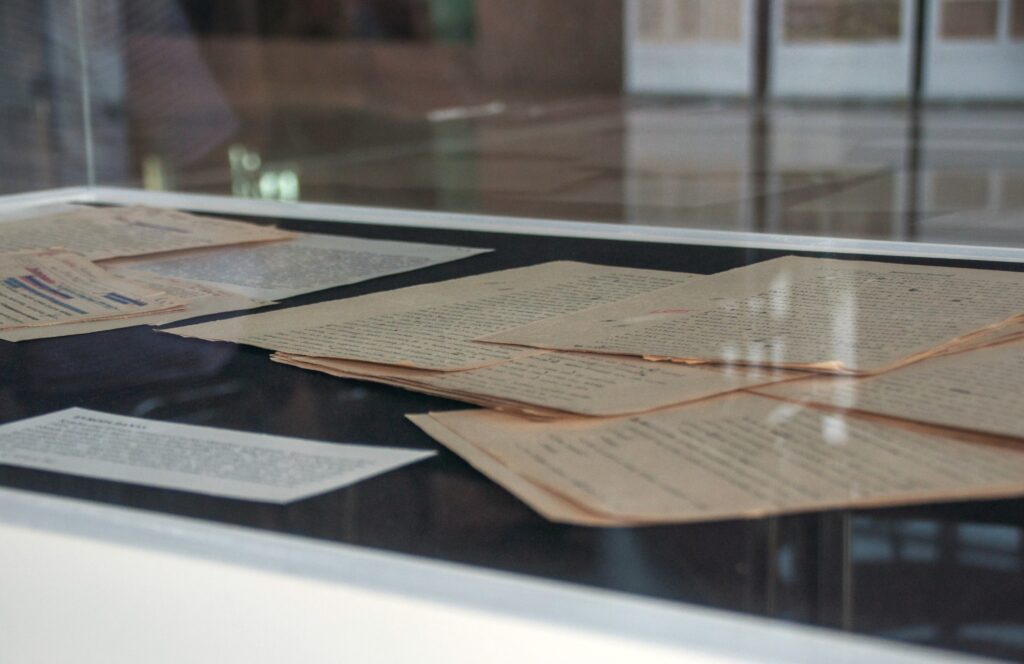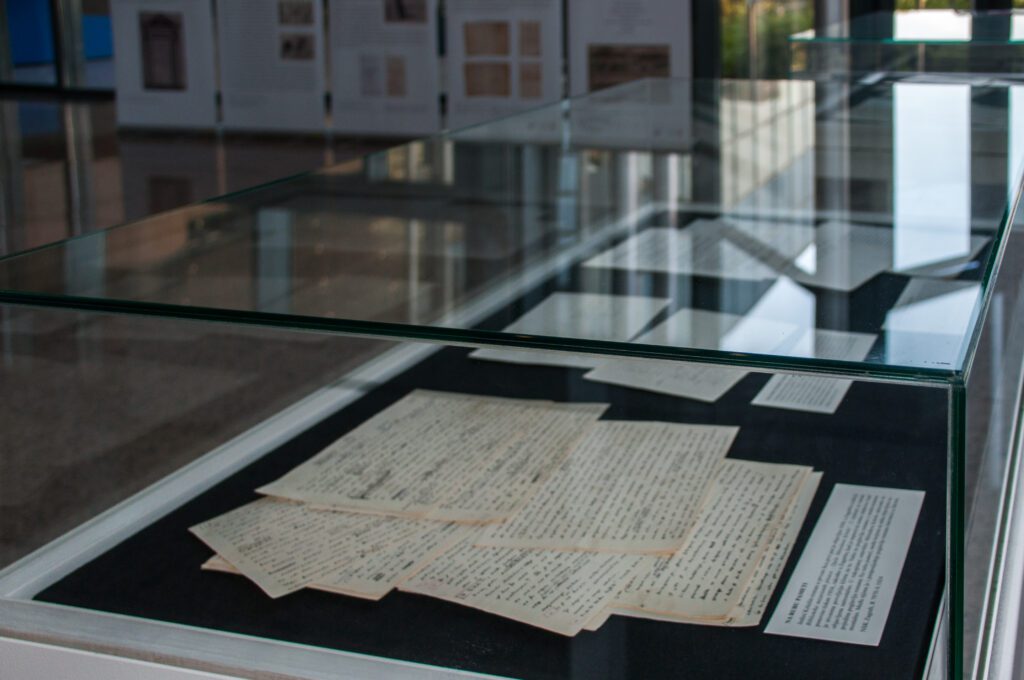Miroslav Krleža Festival and NSK together promoting the legacy of an ever-inspiring giant of Croatian culture
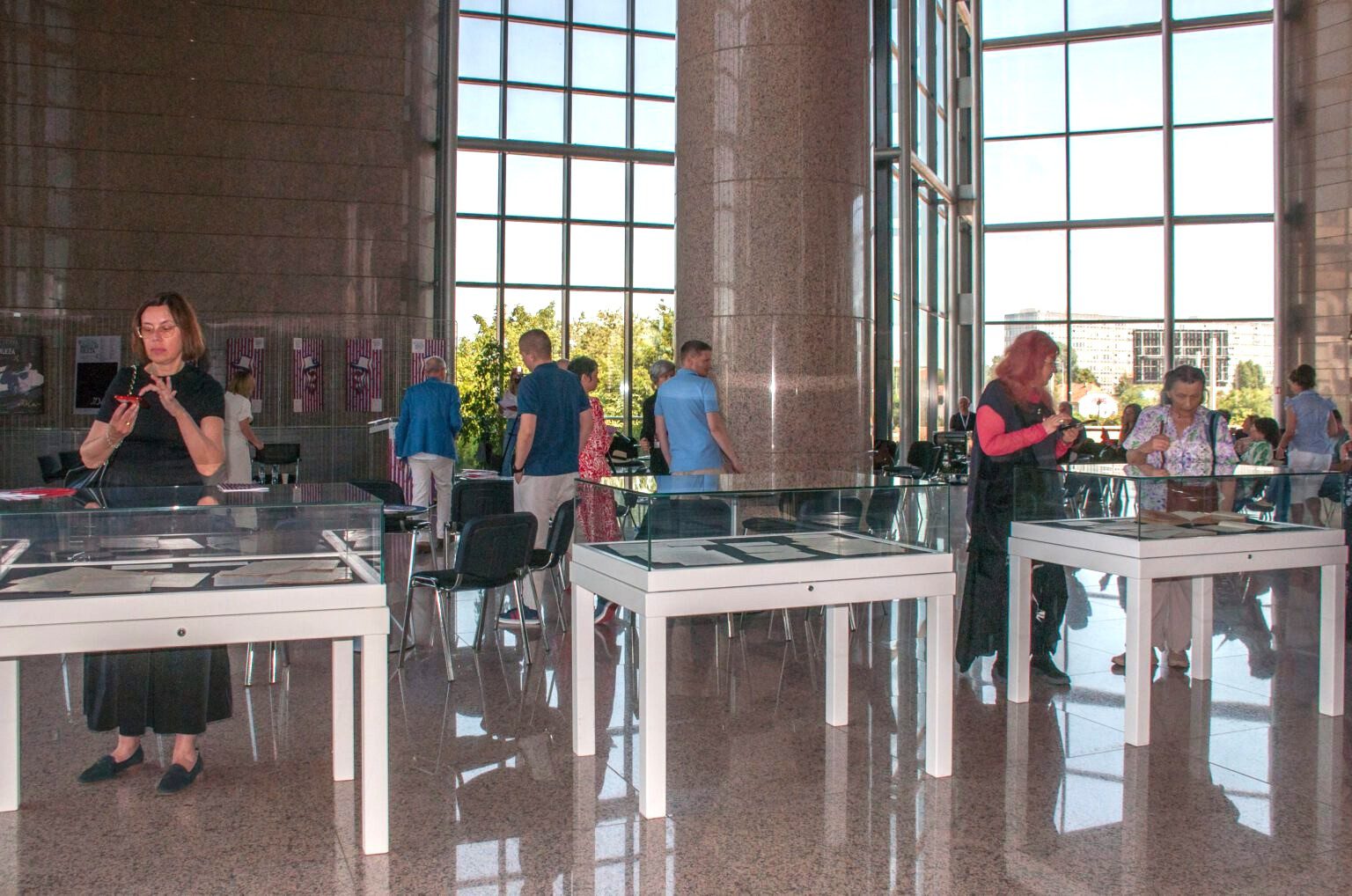
On 2 July 2025, the National and University Library in Zagreb (NSK) hosted another special get-together and exhibition commemorating Miroslav Krleža (1893-1981), one of the most distinguished, world-famous Croatian writers and thinkers of all time.
Held as part of the 14th Miroslav Krleža Festival, which is taking place by 7 July 2025, the programme once more brought together the leading authorities on Krleža and included the exhibition of Krleža’s manuscripts which NSK preserves as part of its Manuscripts and Rare Books Collection.
NSK – a proud partner of the Miroslav Krleža Festival
In her introductory address, the NSK Assistant Director General for National Library Affairs Dr Sofija Klarin Zadravec emphasised Krleža’s greatness as the leading 20th-century Croatian author and thinker and the tremendous honour as well as responsibility that the Library has with regard to Krleža’s explicit wish to make NSK the guardian of his manuscript heritage.
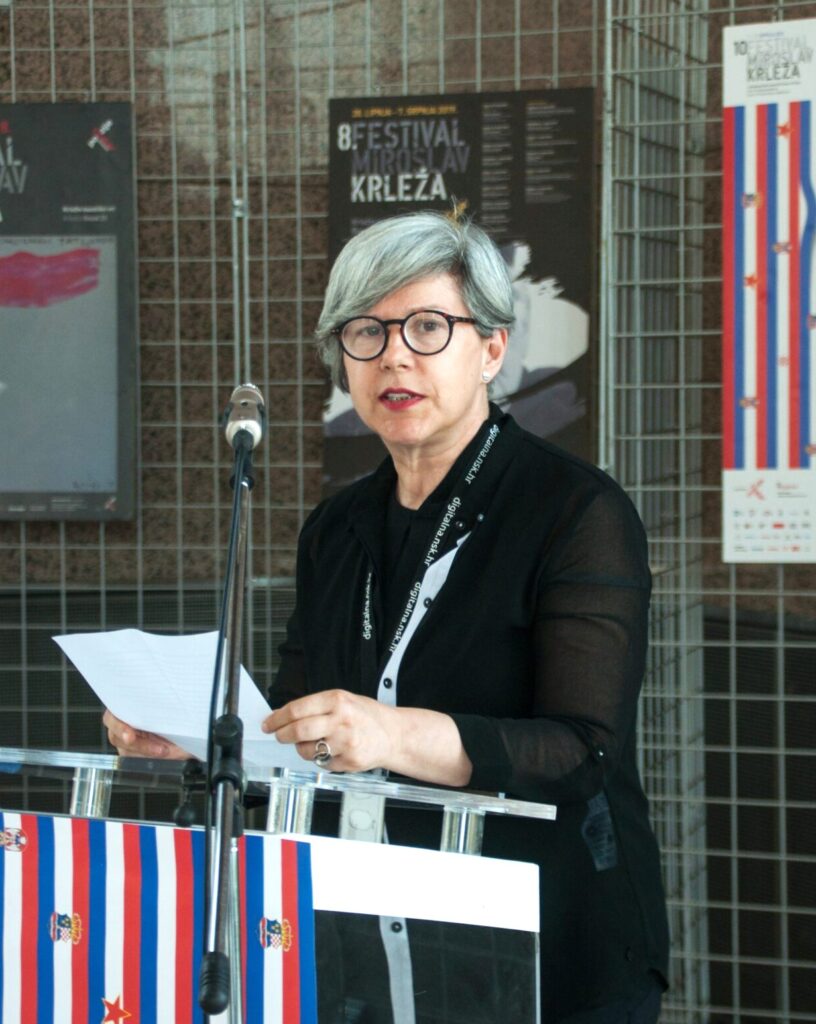
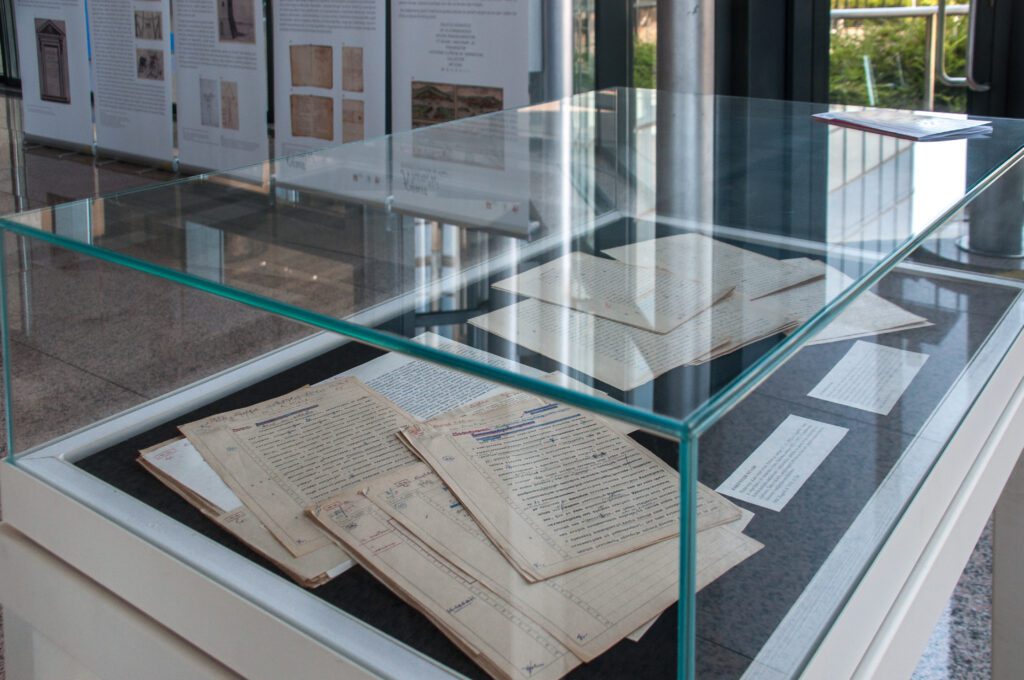
Krleža, from the perspective of his manuscripts
A particularly interesting part of the programme, in which the Festival’s Director Goran Matović, Head of the NSK Manuscripts and Rare Books Collection Dr Irena Galić Bešker, Professor Lada Čale Feldman from the Zagreb Faculty of Humanities and Social Sciences and Dr Suzana Marjanić from the Zagreb Institute of Ethnology and Folklore Research analysed Krleža’s work in relation to the exhibited manuscripts, was an account of Krleža’s journey to Russia given by Pavle Bonča, from The Miroslav Krleža Institute of Lexicography.
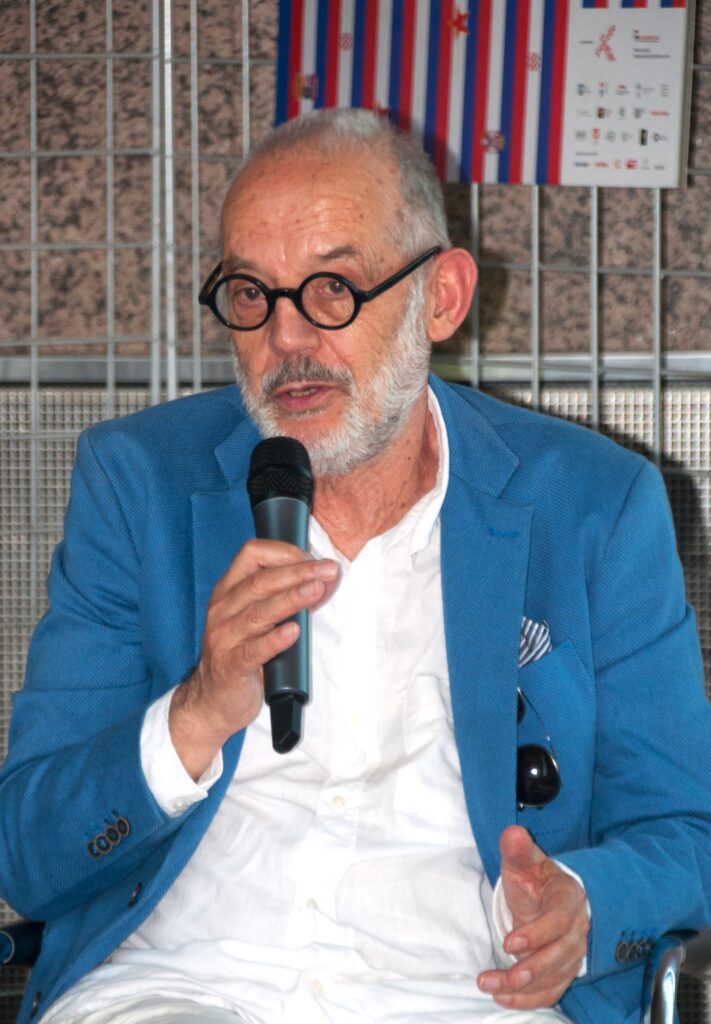
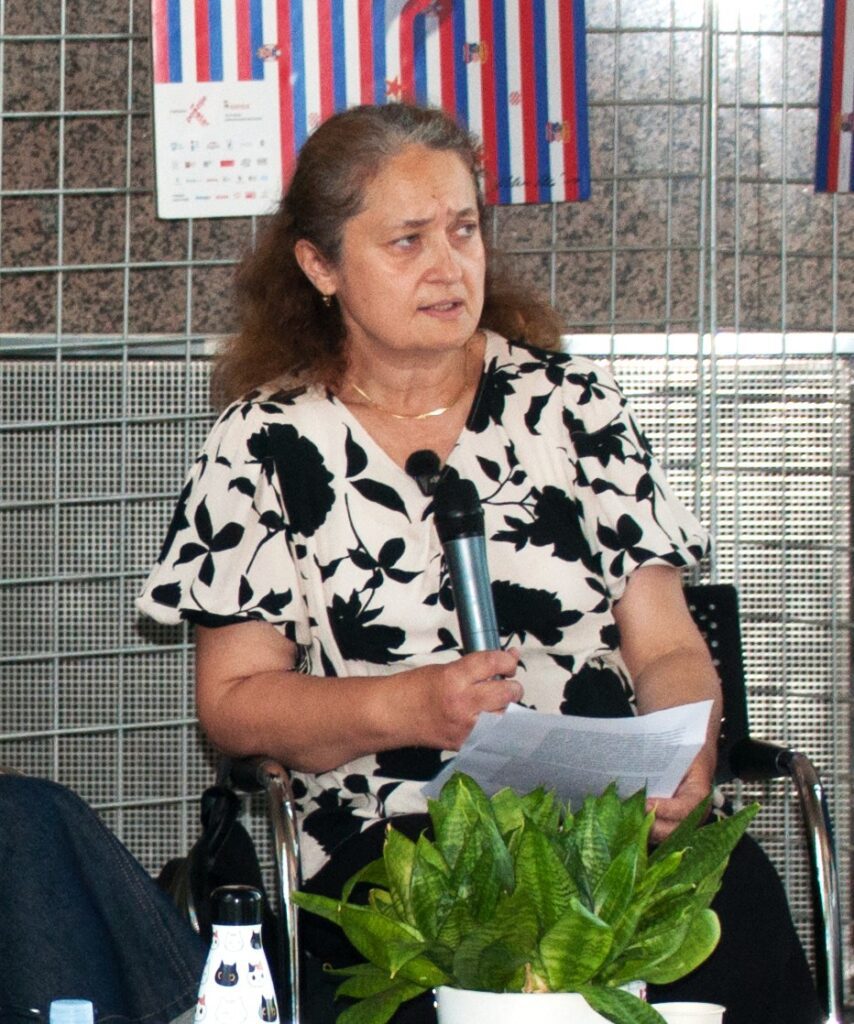
This part of Krleža’s biography being the focus of this year’s Festival owing to the centenary of the publication of his travelogue Journey to Russia, it prompted the travelogue’s staging at the Zagreb Academy of Fine Arts which was held as the Festival’s opening event.
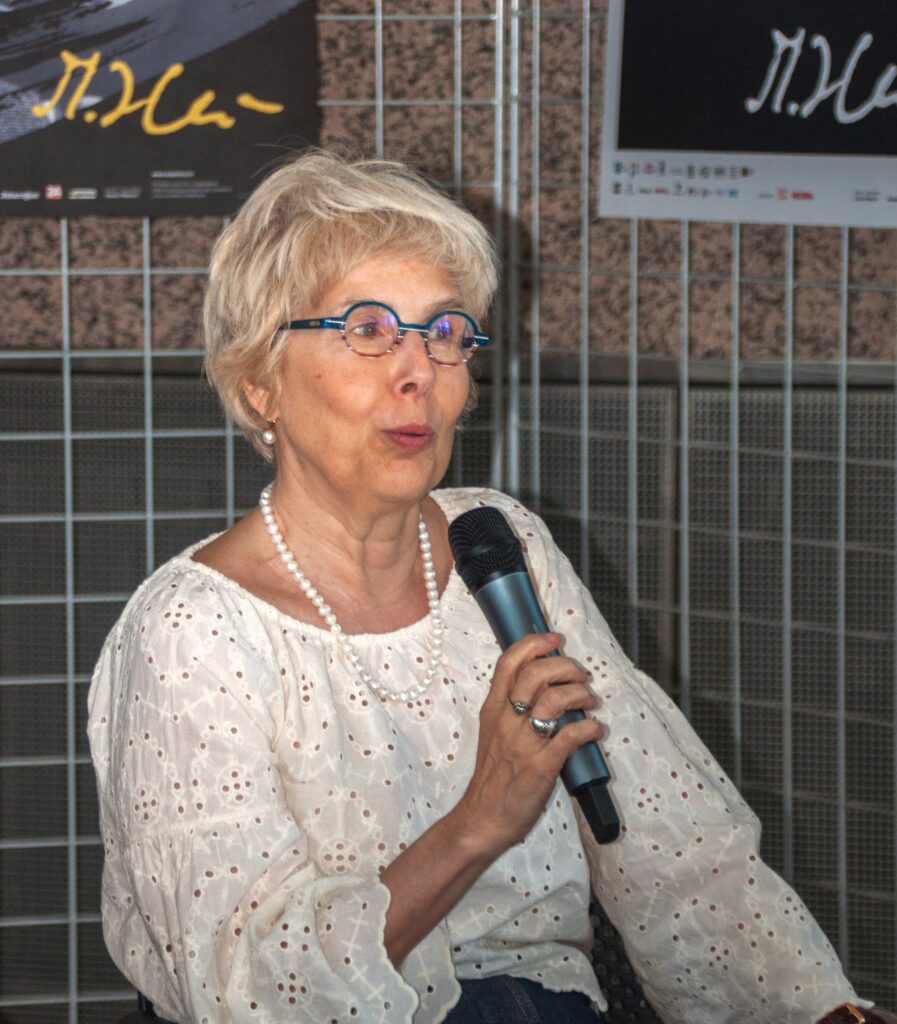
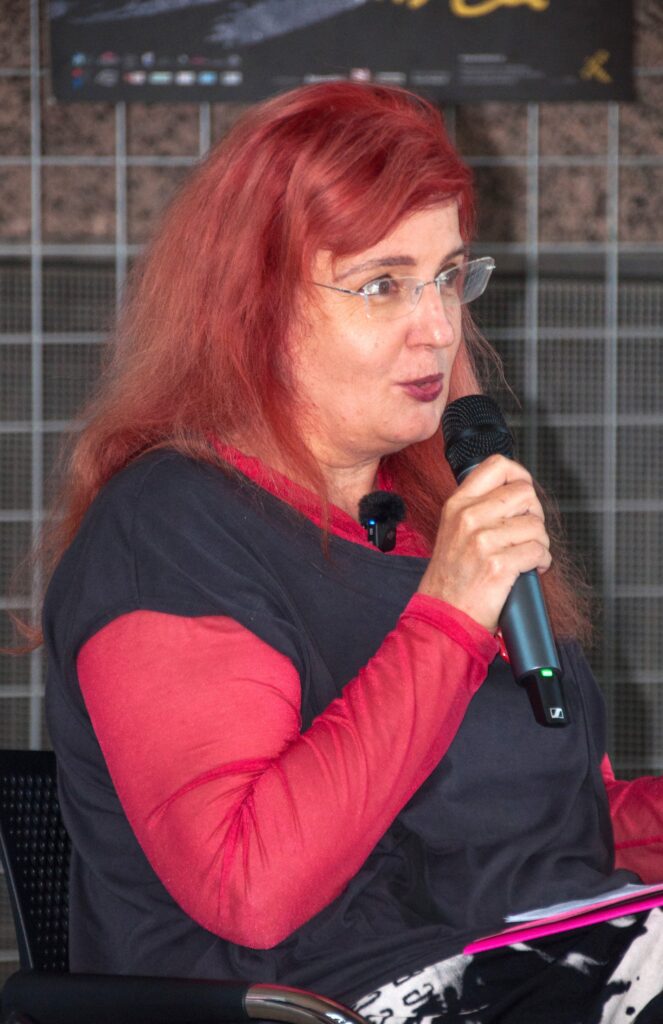

Far from being a formal part of the Festival, this year’s edition of the Library’s programme was a continuation of a dialogue with an immensely significant author whose work today represents the light of hope and is a symbol of resistance in the face of major global threats.
